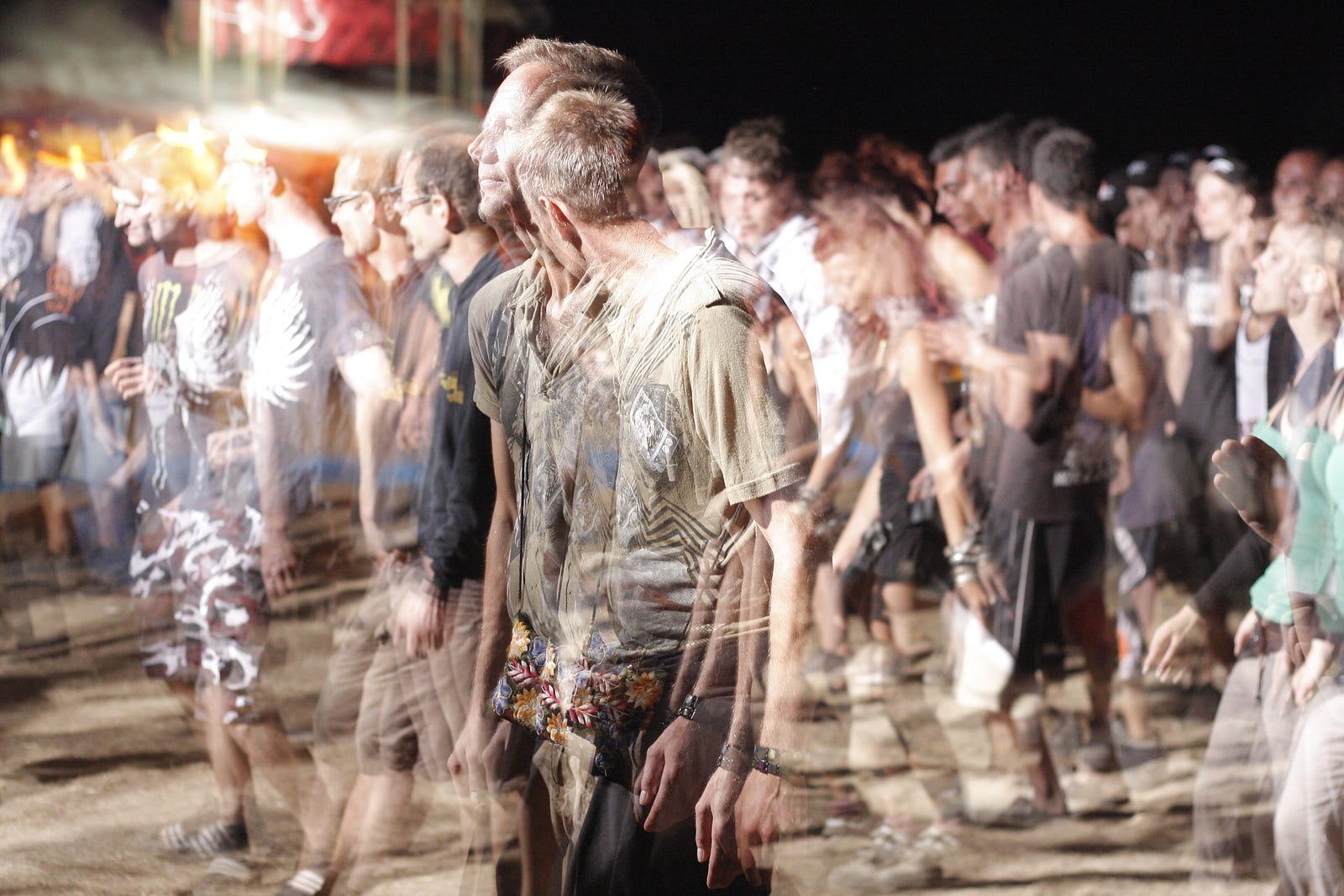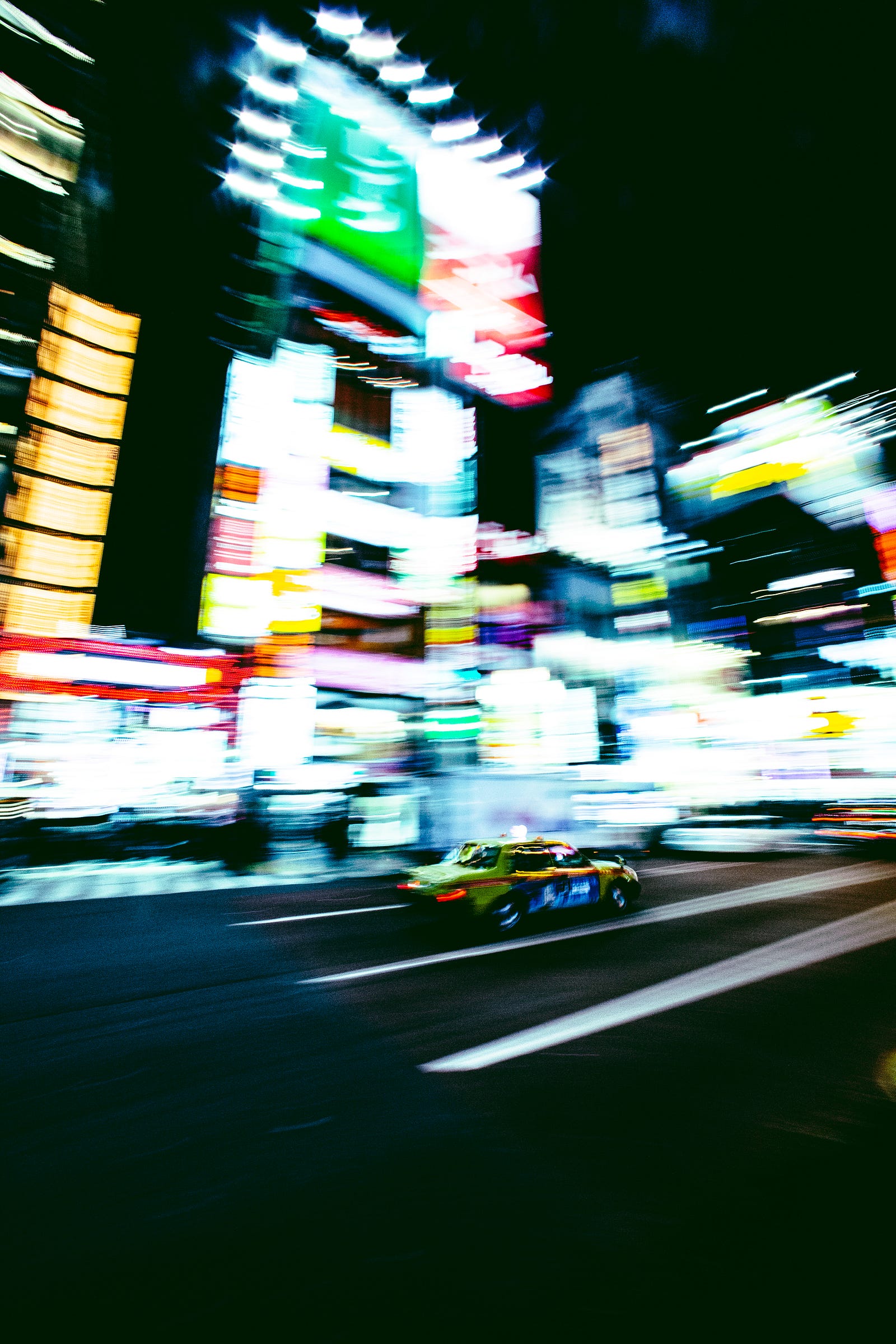THERE IS A GROWING INTEREST IN HALLUCINOGENS, especially regarding their application for psychiatric disorders. Psychedelics may improve mental health, supported by a growing body of evidence.
Over the last decade, studies have shown ketamine’s effectiveness in treating depression. There is emerging proof of the efficacy of LSD and psilocybin. In addition, MDMA seems helpful in managing post-traumatic stress disorders.
Psychedelics go beneath the cell surface to unleash their potential therapeutic effects. Psychedelics — including LSD and psilocin from magic mushrooms—promote the growth of nerve cell branches known as dendrites. This article will examine how psychedelics may promote health.
“Strangers passing in the street
By chance two separate glances meet
And I am you and what I see is me”
― Pink Floyd
What are psychedelics (hallucinogens)?
Hallucinogens are a class of psychoactive substances that alter an individual’s perception, thoughts, and sensory experiences. These substances induce hallucinations, typically as sensory experiences that seem real but are not caused by external stimuli.
Hallucinogens can produce various effects, including visual distortions, time perception alterations, thought pattern changes, and intensified emotions.
Some commonly known hallucinogens include:
- LSD (Lysergic Acid Diethylamide). A potent hallucinogen is synthesized from a chemical found in a fungus called ergot. LSD is known for its powerful psychedelic effects and can produce profound sensory and perceptual alterations.
- Psilocybin. This substance is found naturally in certain species of mushrooms. The body converts psilocybin into psilocin. Psilocybin mushrooms, often called “magic mushrooms” or “shrooms,” have been used for centuries for their hallucinogenic properties.
- DMT (Dimethyltryptamine). DMT is a naturally occurring substance in various plants, animals, and human brain tissue. Scientists can also produce it synthetically. DMT is known for its short but intense effects, often described as a “breakthrough” experience.
- Peyote and Mescaline. Peyote is a small cactus native to North America; its primary active ingredient is mescaline. Mescaline is a hallucinogenic compound traditionally used in Native American religious ceremonies.
- Ayahuasca. Ayahuasca is a plant-based brew made from the Banisteriopsis caapi vine and other plants containing DMT. Indigenous cultures in the Amazon Basin have used it for centuries for spiritual and healing purposes.

Hallucinogens can produce a wide range of effects. Their impact can vary depending on dosage, individual sensitivity, set and setting (the user’s mindset and physical environment), and the specific substance used.
It is important to note that hallucinogens can have profound psychological effects. Please approach their use with caution and respect for their potential risks and the laws governing their use in different jurisdictions.
Psychedelics and mental health
Many prominent universities worldwide are exploring four psychedelics, including LSD, psilocybin, MDMA, and ketamine. Research studies demonstrate that these substances promise to manage various mental health problems. Here is a list of universities researching hallucinogenic agents:
Universities Researching Psychedelics | Psychedelic Invest
As the psychedelics ecosystem develops, educational institutions throughout the world continue to have significant…psychedelicinvest.com
Of course, The United States Drug Enforcement Agency (DEA) does not recognize most of these drugs as having legitimate medical use:
Schedule I drugs, substances, or chemicals are “drugs with no currently accepted medical use and a high potential for abuse. Some examples of Schedule I drugs are: heroin, lysergic acid diethylamide (LSD), marijuana (cannabis), 3,4-methylenedioxymethamphetamine (ecstasy), methaqualone, and peyote.”
Psychedelics, thus, are challenging to access legally. Moreover, the drugs can be quite pricey.
Psychedelic or hallucinogenic drugs vary in their mechanisms of action and risks. All create an altered state of consciousness (for example, an “acid trip”). For many, this brain alteration opens the door to an increased awareness of parts of their environment. Solid objects may appear to breathe in or out.
For others, a trip may induce panic or anxiety rather than euphoria, particularly at high doses. Given the varying reactions to hallucinogens, a clinical research trial is the best place for consumption.
Four psychedelics that offer promise
Let’s look at four psychedelic drugs.
1. Psilocybin. Psilocybin (magic mushrooms) are naturally occurring and consumed for their hallucinogenic effects. They are psychedelic drugs that can affect all the senses, altering a person’s thinking, sense of time, and emotions. Psychedelics can cause a person to hallucinate, see or hear things that do not exist or become distorted. When consumed, the body converts psilocybin into psilocin — the psychoactive chemical. Magic mushrooms appear similar to ordinary mushrooms. Psilocybin, taken in pill form, has the potential to help manage substance abuse disorders (such as nicotine addiction and alcoholism) and depression.

2. LSD. Lysergic acid diethylamide, commonly known as LSD (from German Lysergsäure-diethylamide), shows promise for treating alcohol addiction.
Still, the benefits may be limited: A meta-analysis showed that a single dose of LSD had significant benefits at the short-term follow-up, but the benefits were not maintained at longer follow-up times of 12 months after treatment.
Of 536 patients, there were eight acute adverse events, including confusion and agitation, a seizure, nausea, vomiting, and bizarre behavior. LSD users often report feelings of bliss during their trip, seeing sound and having a mystical experience. Many report feeling closer to others. One downside? Some have lasting psychological trauma caused by a bad trip, especially with frequent use or higher doses.
Psychedelics: MDMA and ketamine
3. MDMA. This drug, also known as ecstasy or molly, remains illegal in the United States. MDMA is often considered the drug of choice in the rave culture and is used at festivals, clubs, and house parties.
MDMA can induce feelings of euphoria and connectedness with others. Researchers are investigating it in clinical trials for conditions such as post-traumatic stress disorder, end-of-life conditions, and social anxiety in autistic adults.
Unfortunately, MDMA can cause chronic kidney damage and heart arrhythmias, particularly for those with related pre-existing conditions. In 2017 the United States Food and Drug Administration (FDA) approved limited research on MDMA-assisted psychotherapy for PTSD, given early evidence that the drug might facilitate psychotherapy effectiveness.
4. Ketamine. Also known as Special K, this drug is used as an anesthetic by veterinarians (sometimes in combat or emergency medicine). Ketamine has not been illegal in the USA, so we have more mental health research on this psychedelic than others. Researchers are exploring ketamine for anxiety, depression, and schizophrenia.
Psychedelics for Depression
Psilocybin is effective for up to 12 weeks in severe depression.medium.com
Ketamine drug promotes the regrowth of nerve cells in the brain, often leading to near-immediate relief. Researchers are exploring its use for those with suicidal ideations. The US Food and Drug Administration approved esketamine (a ketamine form) for limited use in early 2019.
Ketamine downsides include clumsiness and significant memory issues (forgetting where (or who) you are. Blurred vision or hallucinations are common. Rarely do users enter a “K-hole,” feeling disassociated from themselves and their surroundings, leading to panic or paranoia
Ketamine has a different mechanism of action than other psychedelics. Most psychedelics — including LSD, MDMA, and plant-derived ones — affect mood-regulating serotonin receptors. In contrast, ketamine affects brain receptors central to memory and learning. Both receptor types are in the brain’s prefrontal cortex, explaining their similar effects on mental health.
Psilocybin microdosing
Microdosing psilocybin involves taking small doses (one-tenth the standard) every few days. Some individuals get mental health benefits without the high.
Microdosing is not without potential harm: There is limited evidence that it can cause heart damage over time. Recent research hints that microdosing positive effects might be largely due to a placebo effect.
Is LSD Microdosing a Worthwhile Cognitive Hack?
THE HALLUCINOGENIC AGENT LSD (IN MICRODOSES) improves mood and cognitive function, right? Not so fast: A University of…medium.com
Key points — Psychedelics and mental health
Question. Do psychedelics (hallucinogenic drugs) improve mental health?
Findings. There is a renewed interest in hallucinogens, especially for psychiatric disorders. The last decade has witnessed several clinical (and laboratory) studies showing the effectiveness of ketamine for managing depression. Other studies suggest the promise of LSD and psilocybin for treatment and to modulate functional brain connectivity. Finally, MDMA appears to help those with post-traumatic stress disorder (PTSD).
Meaning. Psychedelics hold promise for managing mental health problems such as PTSD and depression. Moreover, hallucinogenic agents might become valuable tools to understand better brain neural circuits, how nerve cells communicate with one another, brain signaling outside of mental disorders, and potential pharmaceutical targets.
If you know someone with breast cancer, here is my comprehensive online course:
https://breastcancerbydrhunter.thinkific.com/courses/breast-cancer
The information I provided in this blog is for educational purposes only and does not substitute for professional medical advice. Please consult a medical professional or healthcare provider for medical advice, diagnoses, or treatment. I am not liable for risks or issues associated with using or acting upon the information in this blog.
Thank you for reading “Psychedelics and Mental Health.”




